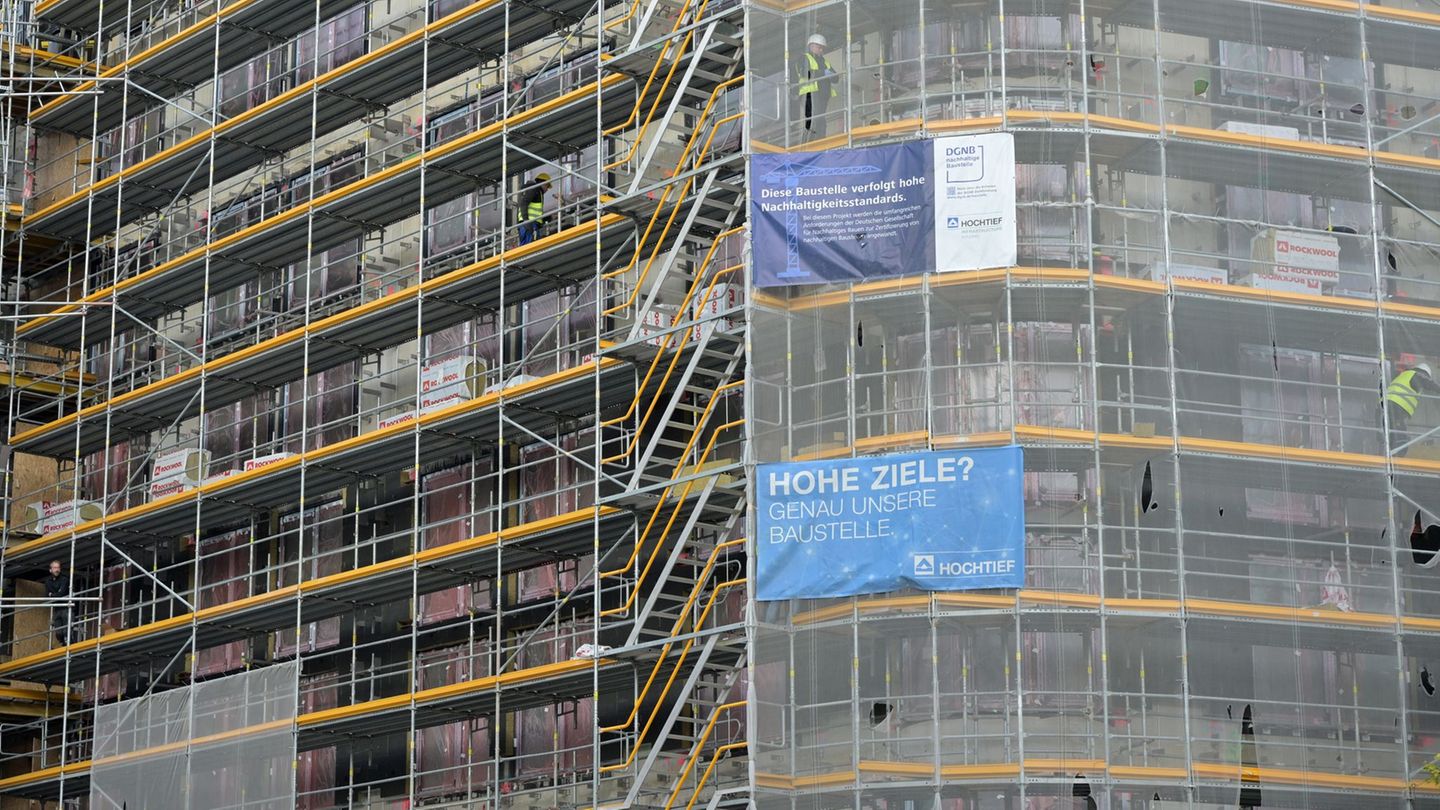Like many other residents, Kateryna went to a school in the city of Zaporizhia on Monday to receive iodine tablets, which she must take in case of radioactive contamination.
These pills saturate the thyroid gland to prevent radioactive iodine from binding to it. Local authorities have distributed them at 13 points in the city since August 23. “The pills should be taken in case of danger, in the first six hours after an alert,” explains Elena Karpenko, a nurse in the city, located in southern Ukraine.
The Zaporizhia plant is the largest nuclear power plant in Europe. For weeks, Russia and Ukraine have been accusing each other of bombing the plant, which has been occupied by Russia since March. A mission from the International Atomic Energy Agency (IAEA) arrived yesterday to carry out an inspection.
The Kremlin says it only has security personnel and yesterday called on the international community to exert “pressure” on Ukraine to reduce tension around the nuclear power plant. After several bombings that caused a temporary blackout of the electricity network last week, the Ukrainian operator Energoatom said on Saturday that there was a risk of “spraying of radioactive substances”.
In Zaporizhia, the emergency services are already conducting evacuation drills for residents and practicing radioactive dust decontamination. Almost two tons of special decontamination solution are stored in city facilities. In the event of a catastrophe, the alarms will sound twice, one day apart.
Source: Ambito
David William is a talented author who has made a name for himself in the world of writing. He is a professional author who writes on a wide range of topics, from general interest to opinion news. David is currently working as a writer at 24 hours worlds where he brings his unique perspective and in-depth research to his articles, making them both informative and engaging.




